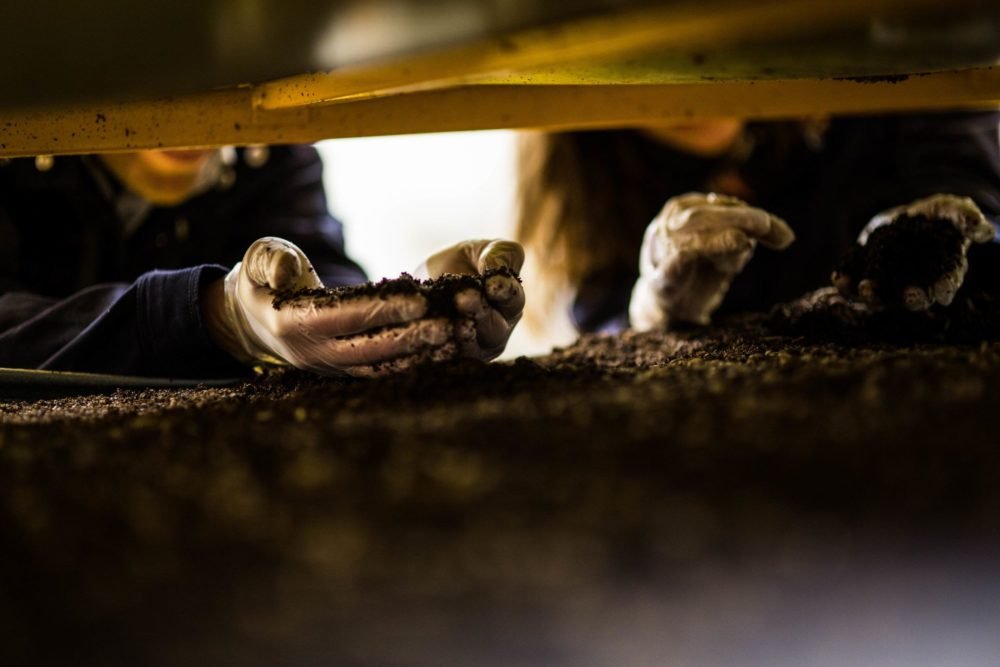Growing veggies is a simple method to conserve cash, remain active and consume fresh veggies. Growing veggie plants from seeds is a simple procedure. It is more affordable than purchasing a transplant. Whatever the factor, beginning plants from seed might not be as tough as you believe.
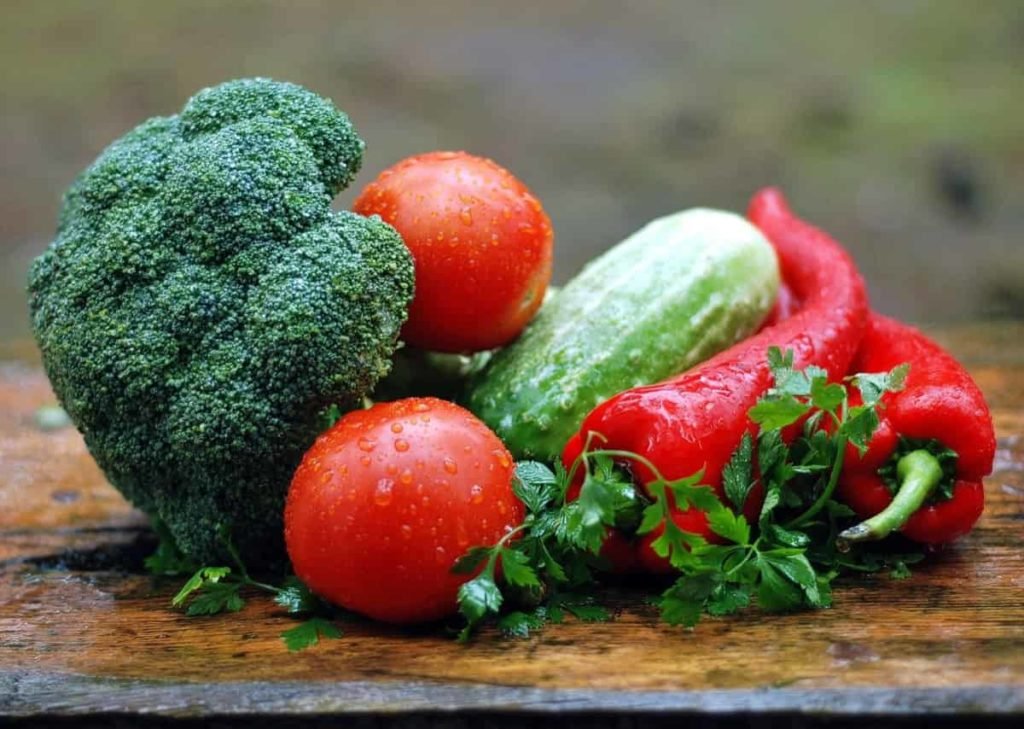
Growing veggies from seed is a terrific method to begin gardening early in the season. With the best light and some convenient tools, it’s simple to grow from seed to harvest. Since each plant has distinct requirements for beginning seeds, it assists to begin little by growing just a couple of ranges. Let’s have a look at veggie seeds for the rainy, summertime, and winter.
Tips for growing veggies from seed
- Utilize a light, well-drained ways of growing your seeds. A light aerated medium has enough air in between the soil particles to increase the possibilities of effective germination. They likewise support root advancement since little roots do not need to have a hard time much to spread out. In addition, a loose-rooted medium makes transplant a lot easier.
- Never ever bury your seeds deep. The basic general rule, if not defined, is to cover the seed with a layer of soil that is not more than two times the size of the seed.
- Do not plant the seed really deep - The basic general rule is that the seed must be planted two times as deep as the length of the seed. Plant the seed very finely, since crowded thick sowing is worthless, it needs additional effort to eliminate the undesirable plants later on and it can likewise motivate ‘damping off’ illness.
- Plant the seeds straight on the surface area of the garden compost, keeping them as far apart as possible. Spray a thin layer of garden compost or vermiculite on top. Vermiculite is suggested for really little seeds, as the emerging seed can press more quickly.
- Your seeds require abundant and fertile soil to grow. Include raw material in the spring and include it to the soil, digging about 1 foot listed below to loosen up the soil. Additionally, do as lots of garden enthusiasts do and include raw material in the fall so that it needs less operate in the spring.
- Prior to planting any seeds, the location must be weed-free. Otherwise, weeds contend for water and nutrients.
- Seeds have a service life, and while you can frequently prevent utilizing older seeds, simply be gotten ready for a low germination rate. Usage fresh badges from a reliable business for the very best outcomes.
- For veggies that grow gradually from seed, attempt to begin the seed inside your home a number of weeks prior to planting dates. Veggies that grow gradually from seed and are perfect to begin inside your home consist of Tomatoes, Broccoli, Cabbage, Cabbage, Eggplant, and Pepper.
- In basic, plant the seed two times as deep as the seed size, not unfathomable. Nevertheless, describe the badge package for this details. Some seeds just require to be pushed to the surface area of the soil, as they require more light to sprout.
- Keep your sprouting setup with sufficient ventilation in indirect light. Sprouting stations ought to never ever be established in a location exposed to direct sunshine, as intense light can eliminate sprouts. The light must be intense for the majority of the day, a great criterion is that you can check out quickly in this light. The location must be fairly warm with sufficient ventilation.
In case you miss this: How to Grow Lettuce at House with Seeds and Without Seeds
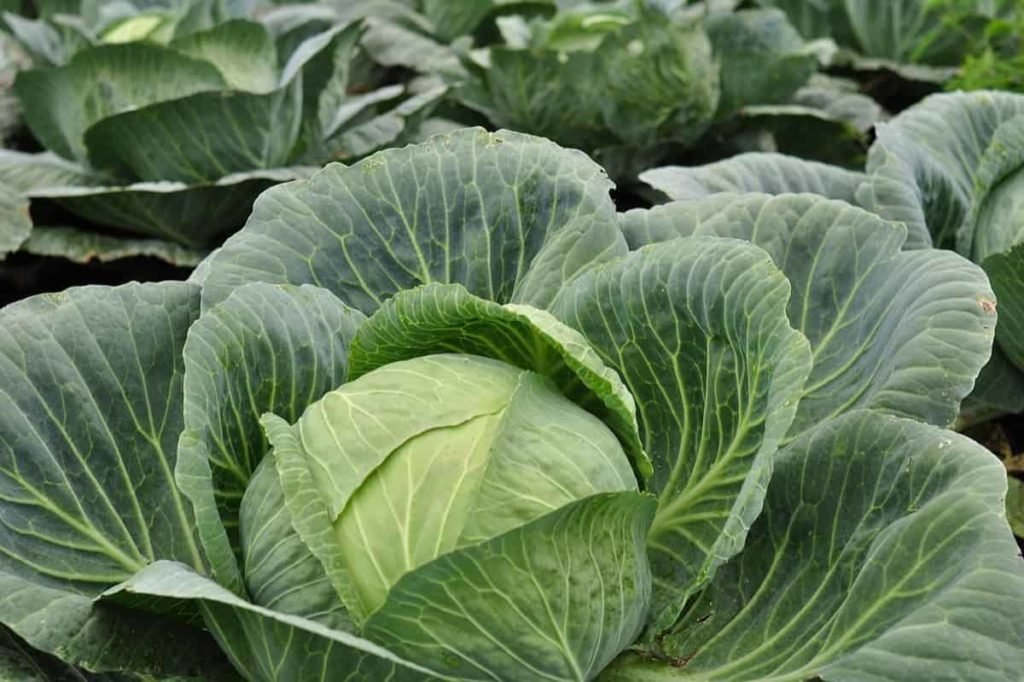
Finest veggie seeds in the rainy season
Some plants require a particular environment to grow, temperature level, humidity, soil pH level, all these aspects play a crucial function in plant development. Plants might require unique care to handle excess wetness. Severe temperature level changes can be destructive to the plants you are preparing to grow. So, it is essential to understand which season appropriates for which kind of plant.
Some plants adjust and grow in the rainy season. This is particularly crucial for food security, particularly throughout the monsoon season. It begins drizzling in July and the temperature level drops and the soil cools off. For that reason, August is the very best time to plant veggie seeds. These veggie seeds are simple to plant and grow.
Tomatoes
Plant tomato seeds in well-drained soil about 1/4 inch deep and 3-4 inches apart. The perfect temperature level needed for tomato seed germination is in between 21 and 27 ℃.
Radish
Prior to you begin planting seeds, eliminate any rock from the soil so that radish can grow well. Plant the seeds about 3 inches deep and 2 inches apart.
Beans
Select a location with the majority of or partial sunshine to plant your seeds. Plant the seeds a minimum of 3 inches apart and about an inch deep.
Eggplant
Seeds can go straight into your gardens. Plant the seeds about 1 cm deep and about 15 cm apart.
Cucumber
Plant cucumber seeds 1 inch deep and 2-3 inches apart. If you have actually restricted area or you wish to grow cucumber vines, support it with trellis.
Pepper
You can purchase pepper seeds online and begin growing them inside your home for 8 to 12 weeks prior to moving them outside. The very best method to grow them is to keep the soil damp however not more than water and keep them warm in a warm location as they like the sun.
In case you miss this: Growing Eggplant from Seeds - In The House
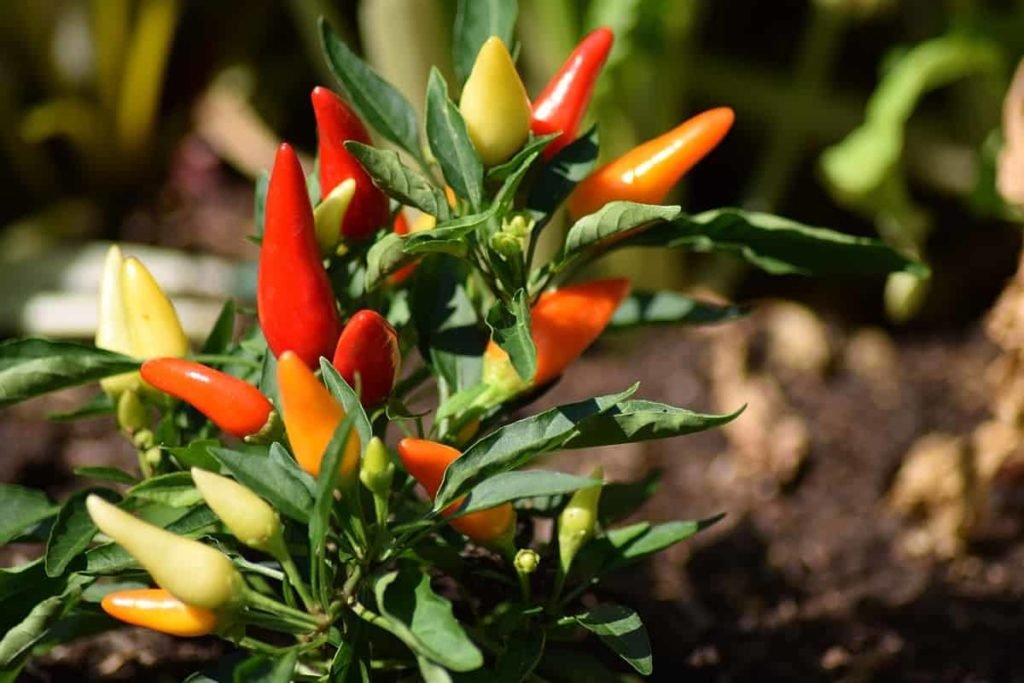
Bottle gourd
Seeds are planted straight in little pits or on high beds that sprout in 7-8 days. Bottle Gourd plants grow really quickly and rapidly end up being a climber’s practice. Bottle Gourd seeds are planted in the plains for monsoon or rainfed crops from June to July and the hills in April.
Bitter gourd
Bitter gourd is a crucial veggie crop. It is grown by the sowing technique. These are not transplanted effectively. Bitter gourd seeds are planted in ideal locations in round pits so that the plant can stroll on poles, roofings, pergolas, discolorations, or routes. Monsoon sowing is carried out in June-July.
Bhendi or Okra
Okra chooses complete sunlight, so pick a warm location to plant your seeds. Plant the seeds around 1/2 to 1 inch deep and 12-18 inches in a row. Soak the seeds in lukewarm water over night to accelerate the germination procedure. Keep the veggie plants well-watered throughout the growing duration. The very first harvest will be all set 2 months after sowing. Collect the okra when it is 2 to 3 inches high. Choose these fresh Bhendi and enjoy them raw, marinaded, or fried.
Beetroot
Beetroot (Beta vulgaris) is a cold-season root veggie. Beetroot is likewise simple for veggie garden enthusiasts. Keep the pot in a warm location. It appears after 15 days and is all set for harvest about 2 months after sowing. This is when they are soft and as huge as a golf ball. When it pertains to selecting great quality seeds, make certain you purchase the seeds from a reliable provider and it is a great practice to go through the evaluations and look for the assistance of a skilled individual when it can be everything about purchasing seeds online and getting details about growing.
In case you miss this: Growing Organic Beetroot - Planting, Tips, Concepts
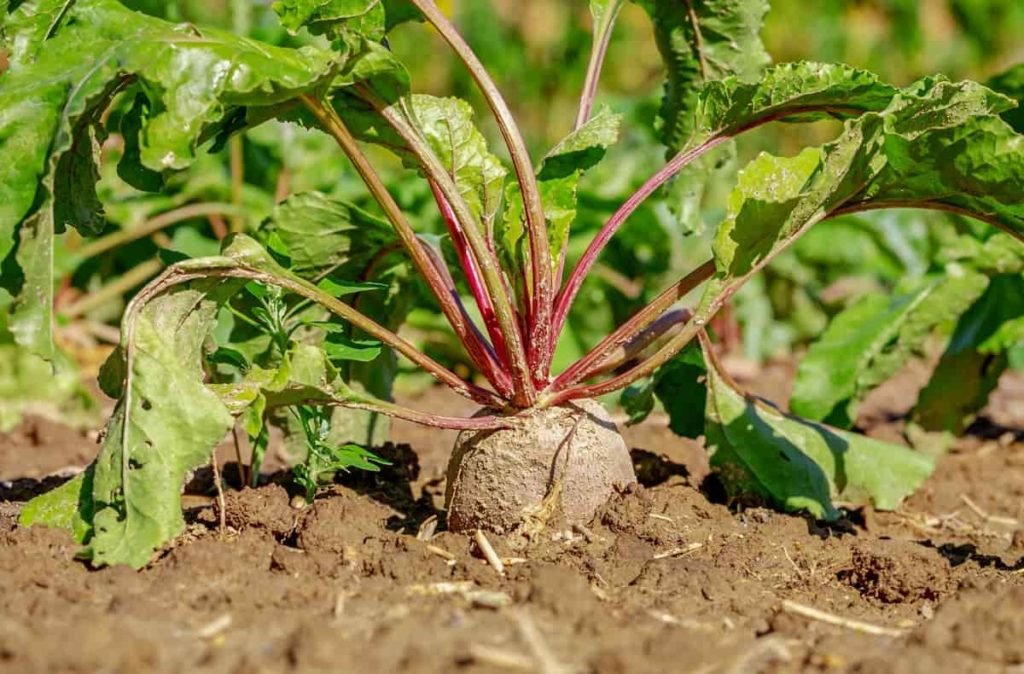
Some other rainy season veggie seeds are Tinda, Sponge Gourd, Pepper Pumpkin, Capsicum.
Finest veggie seeds in the summertime season
Summertime is the very best season to grow a range of veggies. With increasing soil temperature levels and extreme sun, these fruiting veggies come alive in your kitchen area garden. There are lots of ranges of veggie seeds that you can plant in the summertime season.
Eggplant
Eggplant seeds are planted at a depth of about 10 mm in well-prepared beds spaced 24 to 30 inches apart.
Beetroot
Beetroot is adjusted to grow in cold temperature levels, making it an exceptional veggie for planting in late spring and summertime. It is possible to plant constantly throughout the summertime as long as the daytime temperature level does not go beyond 24 ° C. It chooses well-drained and fertile soil, however it will likewise endure below-average soil fertility. For the beetroot roots to grow effectively, the soil needs to be devoid of rocks and other challenges. Soil pH is finest in between 6.0 and 7.0 and a little alkaline (7.0+) soils can be endured.
Cucumber
Prior to planting cucumber seeds, include raw material to a depth of 2 inches to enhance the soil texture. Plant the seeds in rows 1 inch deep and 6 to 10 inches apart. Water it instantly and after that water as required.
Bottle gourd
Start sowing bottle gourd seeds in summertime. After germination, the seeds ought to be spaced about 24 inches apart, to permit the plants to sprout.
Okra
Plant okra about 1 to 1 inch deep and 12 to 18 inches listed below. You can accelerate germination by soaking the seeds in warm water over night. Make certain to keep them 1 to 2 feet apart so they have lots of space to grow. These plants are high, so make certain the rows are 3 to 4 feet apart.
In case you miss this: Organic Okra Farming (Bhindi/Lady Finger), Growing
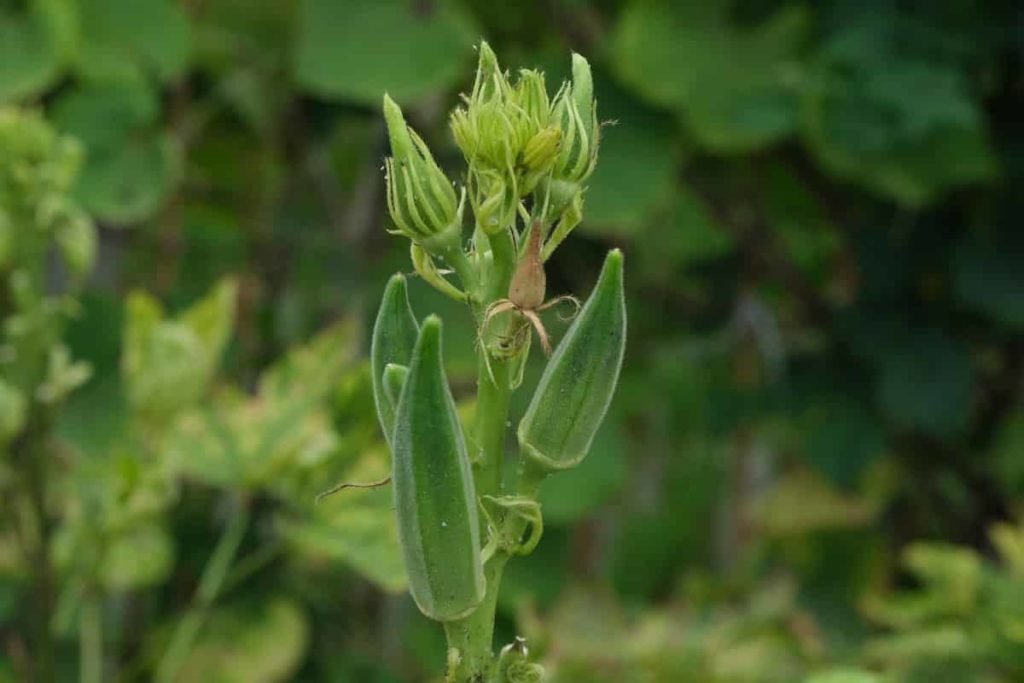
Green Chilies
Plant hot chili seeds 1/2 inches deep and 18 to 24 inches listed below. Area rows are 24 to 36 inches apart. Plant 2 more light seeds in each pot for the most effective sprouts.
Basil
Basil requires complete sunshine to grow. Basil must be grown in a location where there is at least 6 to 8 hours of sunlight daily. The soil must be well dried with a pH of 6-7.5.
Lettuce
The optimum soil temperature level for germination is 15-26 ℃. You can grow lettuce all summertime long with little understanding and little preparation.
Pumpkin
Plant seeds straight in the soil. Pumpkins are really conscious cold. Make certain the temperature level is best for sowing. Plant the seeds in rows that are the size of little pitcher mounds. With hills, the earth will warm up faster and seeds will sprout quicker. Plant seeds 1 inch deep. Area mounds are 4 to 8 feet apart.
Finest veggie seeds in the winter
In the winter, veggies are generally planted in between August and October. These veggies are then all set for harvest in the winter season of December from January. This is likewise a great time to begin gardening with seeds.
Cauliflower
It is a popular veggie of the cabbage household. The seeds are very first sown in the shade in a seedbed or seedling trays. Healthy plants are transplanted in high beds 30-35 days after sowing.
Lettuce
Grow these seeds in an abundant potting mix about 1 inch apart and cover with a layer of soil. With a minimum of attention in a couple of weeks, your lettuce will be all set to please your palate.
Spinach (Palak)
A leafy veggie is understood for its dietary worth and all set accessibility. It works well in cool environments, complete sunshine along with partial shade (3-4 hours). The seeds are planted straight in the raised beds.
Radish
Radishes are best for fast and simple harvest with very little effort. While keeping the soil moist throughout the development cycle with a minimum of 6 hours of sunshine a day, radish seeds ought to be fresh on your table within 25 to 45 days.
In case you miss this: Radish Gardening For Beginners- How To Start, Frequently Asked Questions
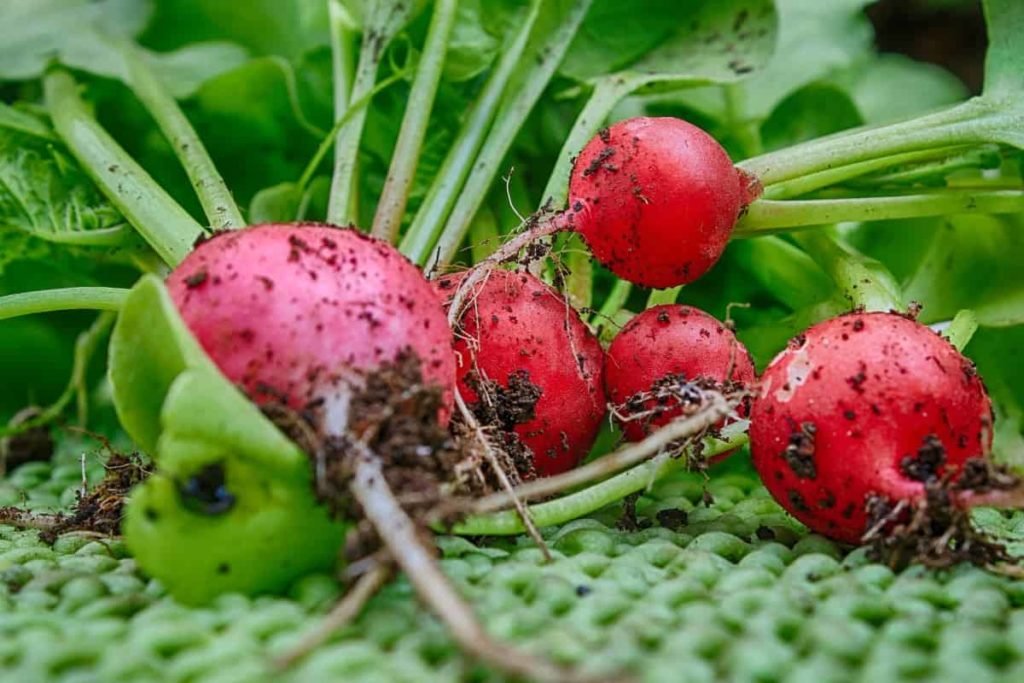
Capsicum (bell pepper)
This non-pungent range of chili, in your area referred to as Simla Mirch, is effectively grown in the Indian plains in winter season. 4 weeks after sowing, the seedlings are transplanted to a greater bed in a seed tray.
Carrots
This is among the most popular root veggies. Lots of kinds of carrots differ in color, texture, shape, and length. Seeds are planted straight on raised beds or peeled beds. Depending upon the range, edible roots can be cut in 80-100 days after sowing.
Onions
All kinds of onions are winter season crops in India, however they require hot and dry conditions as the plants grow and start to form onion bulbs underground. In winter, seeds are planted in beds and one-month-old seeds are transplanted in high beds. Plants require complete sun and regular watering. Depending upon the range, onions are all set for harvest in 80-100 days after transplanting.
Green Peas
Peas come from the very same household as beans. Green pea plants are fragile since they dislike hot and damp environments and grow in cold and dry weather condition. Seeds are straight planted on the raised beds.
Kale
To grow Kale you require loose, well-drained soil. Make rows 18 inches apart, and plant your seeds straight to a depth of 0.5 cm. Keep the soil equally damp till the seeds sprout then keep the soil moist till the seeds are well developed. After mulching the plants with straw to keep the roots cool and moist.
- Rise in Hepatitis A cases in EU and UK could partly be foodborne
- This Week in Farming: Big headers, weak sterling and Flindt
- Tillage-Live 2022: Round-up of cultivators and drills on show
- Business Clinic: What tax relief can I get on my new dairy complex?
- Opinion: Farmers have a duty to their communities
- Home canning and recipe class set Oct. 15 in Waco -AgriLife Today
- Who is being hit hardest by inflation? Less-healthy older adults, poll finds
- Why Max Elder picked plant-based nuggets over cultivated meat
- ‘Disrupting the staples category is our goal’
- New species described from DRC after mistaken identity
- Can commodification resolve a world water crisis?
- Kentucky farmer blessed to be alive after grain bin entrapment
- ‘Tis the Season For Gleaning
- A new method assesses health of Chile’s headwaters, and it’s not good news
- Liz Truss promises to slash red tape in agriculture
- Food safety experts give recommendations to panel charged with reviewing FDA
- FSA sets out plan to fill gaps in lab system
- Cutting down the Amazon does not build prosperity for most Brazilians
- Editor’s view: ELM furore shows green lobby’s true colours
- Food Inflation Is Eating Up Grocery Budgets
- Deere’s investment in InnerPlant is about changing Big Ag
- This Seed Detective Travels the World Tracking Down Lost Crops
- Delivery unicorns & Pat Brown’s venture: The Week in Agrifoodtech
- AgriLife Extension agent earns Hall of Fame award
- Wicked Kitchen raises $20m in bridge funding, triples year-over-year sales
- Enigmatic binturong photographed in Nepal for the first time
- Rural CEA a ‘critical’ part of our food systems, says report from EIT Food
- Changes in ants when they go to town- AgriLife Today
- Launch Africa, Flat6Labs lead in 2021 Africa agrifoodtech investments
- 6 Simple Tips for a Safe Harvest This Fall
- Top U.S. flooring retailers linked to Brazilian firm probed for corruption
- New outbreak under investigation; FDA ends work on another without finding source
- Food poisoning still a concern for most Europeans
- Supporting climate impact reduction plans
- Food safety tips for those in Hurricane Ian’s path
- Experts decry ‘funny math’ of plastics industry’s ‘advanced recycling’ claims
Source link








